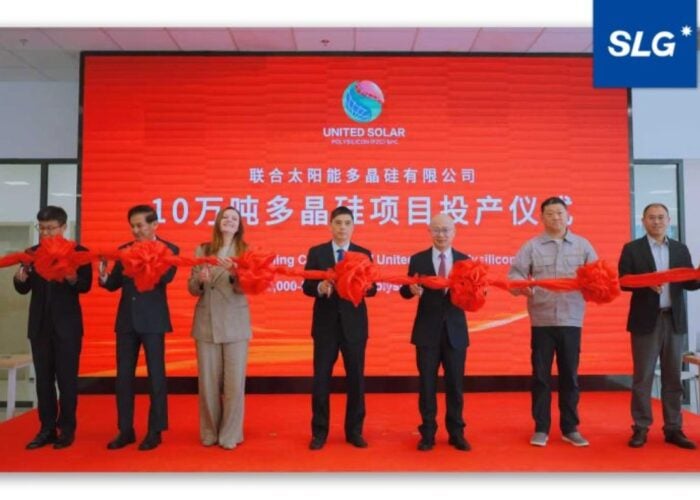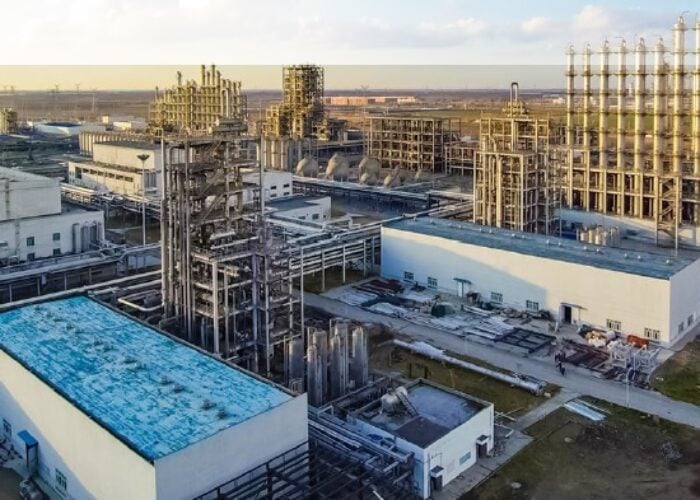
Major polysilicon producer GCL-Poly has claimed its FBR (Fluidized Bed Reactor) granular polysilicon has achieved monocrystalline purity requirements at its 10,000MT FBR plant, offering significant carbon footprint benefits over the traditional process used for mono-wafer production.
GCL-Poly said in a financial filing that its FBR produced silicon had met a number of quality standards in-line with the Siemens process, while in certain parameters outperforming the dense silicon materials.
Try Premium for just $1
- Full premium access for the first month at only $1
- Converts to an annual rate after 30 days unless cancelled
- Cancel anytime during the trial period
Premium Benefits
- Expert industry analysis and interviews
- Digital access to PV Tech Power journal
- Exclusive event discounts
Or get the full Premium subscription right away
Or continue reading this article for free
However, GCL-Poly noted that the yield of granular silicon was reaching approximately 99%, but 90% of the yield met monocrystalline material requirements.
The other big benefit at this stage for FBR is the reduction in overall energy consumption of the production process, which the company claimed had a lower (10–12%) rate than the Siemens process.
GCL-Poly said that at the 10,000MT plant an overall electricity consumption rate of not more than 20kWh/kg was achieved.
Using FBR silicon would also benefit PV module manufacturers’ carbon footprints, according to GCL-Poly. The reduce CO2 emission by 130,000 tonnes, which is 74% lower than that of Siemens.
The company claimed that CO2 emissions in producing 1GW of PV modules using FBR silicon would have reduced CO2 emission by at least 47.7%. This was said to be based on actual production data in-house within the group.
GCL-Poly also noted that with its 30,000-tonne production line it expects further improvements in the use efficiency and doping ratio of the hydrogen content in granular silicon. At its 10,000MT plant, GCL-Poly said that it had achieved reduced hydrogen content to below 20ppma.
GCL-Poly has persevered with FBR technology for many years but had not ramped capacity, primarily due to the purity issues even for multicrystalline wafer production that had dominated the industry.
The rapid shift to mono-wafer dominance was a threat to the FBR process as mono-wafer purity requirements exceed those for multi-wafers.




